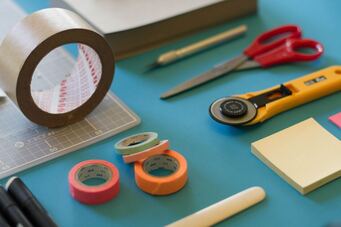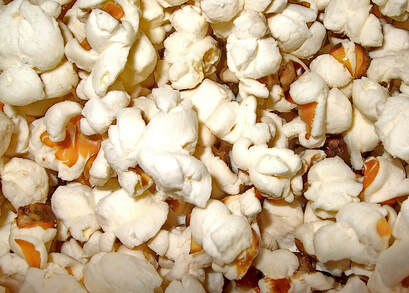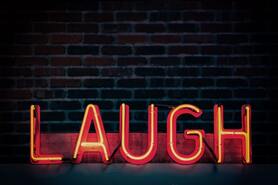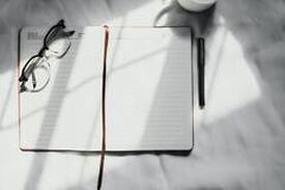|
by Rebecca Green
I was hesitant, but I knew my students deserved the opportunity to write about themselves, to be creative, to take risks and not feel restricted by strict project expectations. I prepared them as best as I could: we spent weeks close reading, responding to sources, discussing our topics, and partaking in creative free-write exercises as a class. We talked about writing as a process, instead of a five paragraph formula. When that fateful Friday night arrived in which students were expected to hand in their essays, I sat by the computer anxiously waiting for a disaster to take place.
1 Comment
by Skyla Everwine  Photo by Jo Szczepanska on Unsplash Photo by Jo Szczepanska on Unsplash The most punk-rock thing I did this semester was stand in line at a UPS and try not to cry. It wasn’t the basement shows or broken guitar strings, but being at UPS at 4 p.m. on a Tuesday. I had but one task: to print nine pages, double-sided and in color. And then do that until 50 more times. It was the fourth or fifth printer I had gone to in order to print the zine I was making. I had learned that commercial printers were hellish portals to untamable frustrations, and that making the project for my Self-Publishing course with Dr. Jason Luther was far more difficult than it needed to be. I had turned what could have been a single page mini-zine into 36 pages of digital and hand-collaged interviews.  Photo by Joelle Nebbe-Mornod on Flickr Photo by Joelle Nebbe-Mornod on Flickr by Bryce Morris Since the summer of 2017, I have been writing my own social media reviews on Instagram based on pop culture topics such as film, television, comic books, and video games. Before I write my Instagram reviews, I avoid any other reviews or comments that may influence my opinion before I view the product myself. It can be difficult to prevent others from influencing my opinion. In favor of collective opinions expressed on Instagram, Twitter, and Facebook becoming the determinant, the sacred days of everyone having their own distinct opinion seem to be fading into the background. Social media sites have opened the floodgates for users to produce reviews and begin discussions of their own. Most social media users are so keen to have followers and an artificial sense of community that they will not hesitate to share misguided content. This can range widely, including news footage, articles, celebrity gossip, political prospects, and even reviews directed at several forms of media. Quite literally anyone, myself included, can go out and create a review with their smartphones or computers now, which is a scary ability that is already harming the world of entertainment. Everyone has a right to their own opinion, but when that single opinion actually stands in as the opinion of several others, then it becomes an issue within the world of creative expression.  Photo by Tim Mossholder on Unsplash Photo by Tim Mossholder on Unsplash by Daniel Hewitt To offend or not offend—that is the question—and it’s an important one when it comes to comedy. It’s been said that laughter is the best medicine, and the goal of comedy is to make people laugh whether it’s comedy in literature, stand-up comedy, or sitcoms. There are times when we all need to throw our heads back and laugh out loud. Comedy’s use of language, wordplay, innuendos, and puns can all be used effectively--without being offensive.  Photo by Emmanuel Ikwuegbu on Unsplash Photo by Emmanuel Ikwuegbu on Unsplash by S. E. Roberts Writing is not a career that has ever paid enough money. Now, I’m not talking about bloggers or journalists, who could certainly stand to make more but don’t necessarily have to. I’m talking about novelists, poets, and short story writers, those artists who are self-advertising on social media, submitting to literary magazines, and publishing books of their work, all in the hope of being recognized and well-compensated for their work. |
Archives
July 2024
Categories
All
|
|
Glassworks is a publication of Rowan University's Master of Arts in Writing 260 Victoria Street • Glassboro, New Jersey 08028 [email protected] |
All Content on this Site (c) 2024 Glassworks
|


 RSS Feed
RSS Feed
